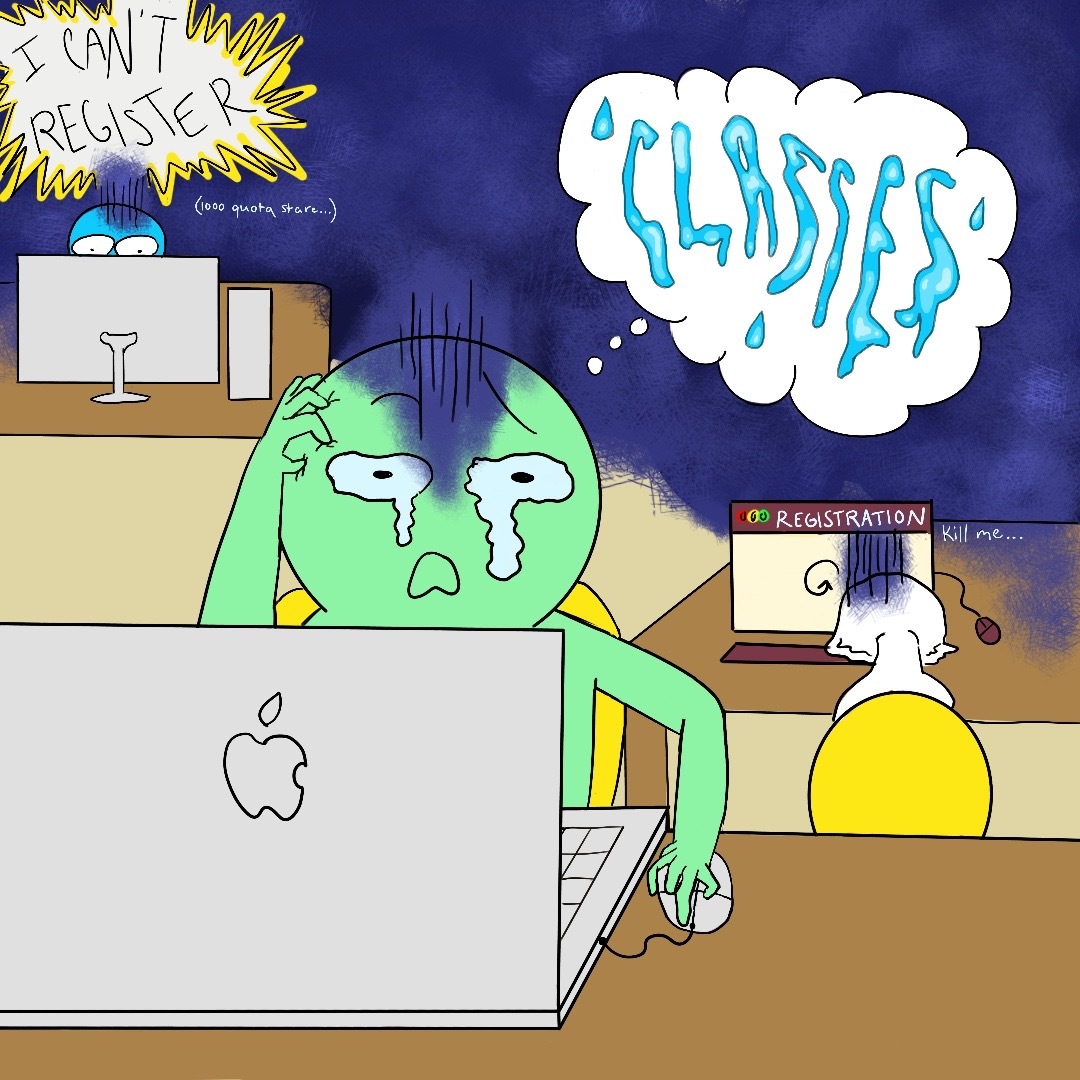For the last few decades, when a corporation developed unsavory business practices, disgruntled American consumers were told to “vote with their wallet.” Instead of continuing to purchase from the evil business, consumers were encouraged to boycott the company or even turn and give their business to a competitor. This was seen as a more effective means of recourse than petitioning government entities to remedy the situation.
No group of consumers has been more effective and relentless in this practice than millennials. Blog posts accusing young people of “killing” every commercial outlet, from cable television to the diamond trade to the housing market, are very familiar. However, these businesses died of natural causes, not murder.
A commercial enterprise that cannot succeed with a younger group of consumers has no business surviving. This is the idea behind the (often misused) phrase “the customer is always right.” Would it be correct to blame previous generations for killing the horse and kerosene lamp industries? No, because subsequent products like the automobile and electricity were much more adept to meet the needs of the public. We see carriages and oil lamps as archaic objects, but fail to realize future generations will think the same thing about shopping malls and over-watered lawns.
Most of the familiar aspects of American commercialism spawned in the explosion of suburbia after World War II. The enormous middle class had more spending power than ever before, and the retail industry knew it. For the remainder of the 20th century, American consumers were almost obligated to buy mindlessly. Middle-class households were expected to “keep up with the Joneses.”
Millennials, however, have failed to buy into this mentality the way their parents and grandparents did. Millennials do not have as much spending power as their predecessors and do not feel compelled to spend what little money they have after necessities to splurge on unnecessary products. It is more cost-effective for young people to cook at home than eat at franchise restaurants that do little to improve their quality. Time is used more efficiently when shopping online than making the trip to the local shopping mall, where the prices and selection struggle to beat the online marketplace.
Nothing is wrong with the millennials when it comes to the market. Just as every other consumer did before them, millennials make the best use of their dollar given their circumstances and needs. If failing businesses want someone to blame, they should reexamine their own practices and adjust accordingly if they want to remain viable.
But no matter what private businesses do to stay afloat, the era of needless consumption is coming to a close. In 2016, the Washington Post reported a survey conducted by Harvard University that found more than half of respondents ages 18-29 rejected capitalism. The generation raised in the wake of the 2008 housing crisis and the Great Recession is slow to emulate the “yuppie” culture that dominated the 1980s and instead opt to live a more simple lifestyle.
At the very least, if older people want millennials to spend more money in these failing industries, they could try paying them more. Until then, the customer is always right and as of 2016, millennials constitute the largest share. As baby boomers die, more companies will need to accept the responsibility of changing how and what we consume.
















